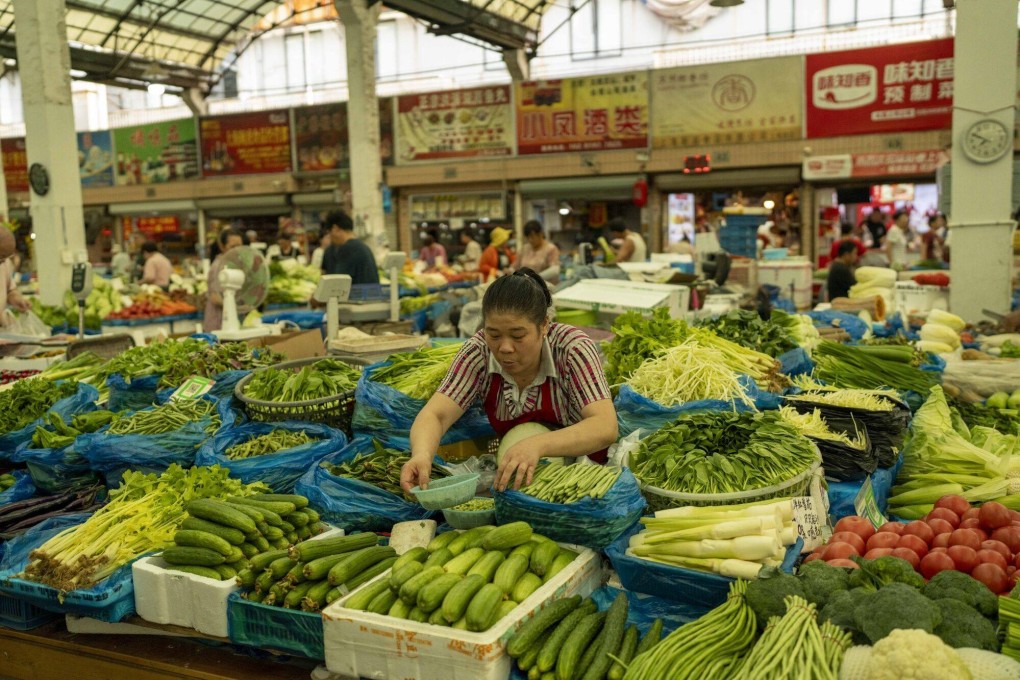Advertisement
Macroscope | China’s economy isn’t becoming Japanified, at least not yet
Despite fears China has entered have entered a ‘balance sheet recession’, the country has more tools than Japan to reflate its economy
Reading Time:3 minutes
Why you can trust SCMP
6

Is China at risk of turning Japanese? It is a question that has been asked repeatedly over the past decade as analysts and investors worry that China’s economy is vulnerable to the type of crisis that condemned Japan to decades of deflation and stagnant growth following the bursting of its asset bubble in the early 1990s.
The debate over the Japanification of China intensified last year when the country’s post-pandemic recovery stalled, undermined by a debilitating crisis in the property sector. The downturn exposed long-standing structural problems in the economy and gave rise to a loss of confidence among consumers and businesses that threatens to become self-fulfilling.
There are reasons to worry that China is going the way of 1990s Japan. Deflationary forces are taking root. Data published by the National Bureau o f Statistics shows that China’s core inflation rate, which strips out volatile food and energy prices, fell to just 0.3 per cent last month, its lowest level since March 2021.
More worryingly, a broader and more reliable measure of inflation known as the gross domestic product (GDP) deflator contracted for the fifth straight quarter in the second quarter.
The pernicious effects of deflation are already apparent. Real interest rates have risen dramatically, increasing the burden on debtors. As nominal growth has slowed, debt-to-GDP ratios have surged. Most troublingly, deflation has eaten into corporate revenues and profits, prompting many firms to cut costs and wages, and exacerbating the decline in household consumption. An economist at Morgan Stanley suggests this has created a vicious Japanese-style feedback loop of weak demand, deflationary pressures and mounting debts.
Fears that China has entered a “balance sheet recession” – a term used by Nomura Research Institute’s Richard Koo to describe Japan’s “lost decade”, in which a huge overhang of debt forced businesses and households to focus on deleveraging as opposed to investing and spending – have become more widespread.
Advertisement
